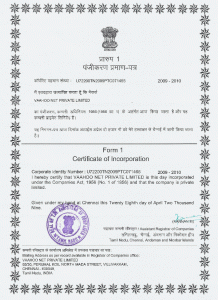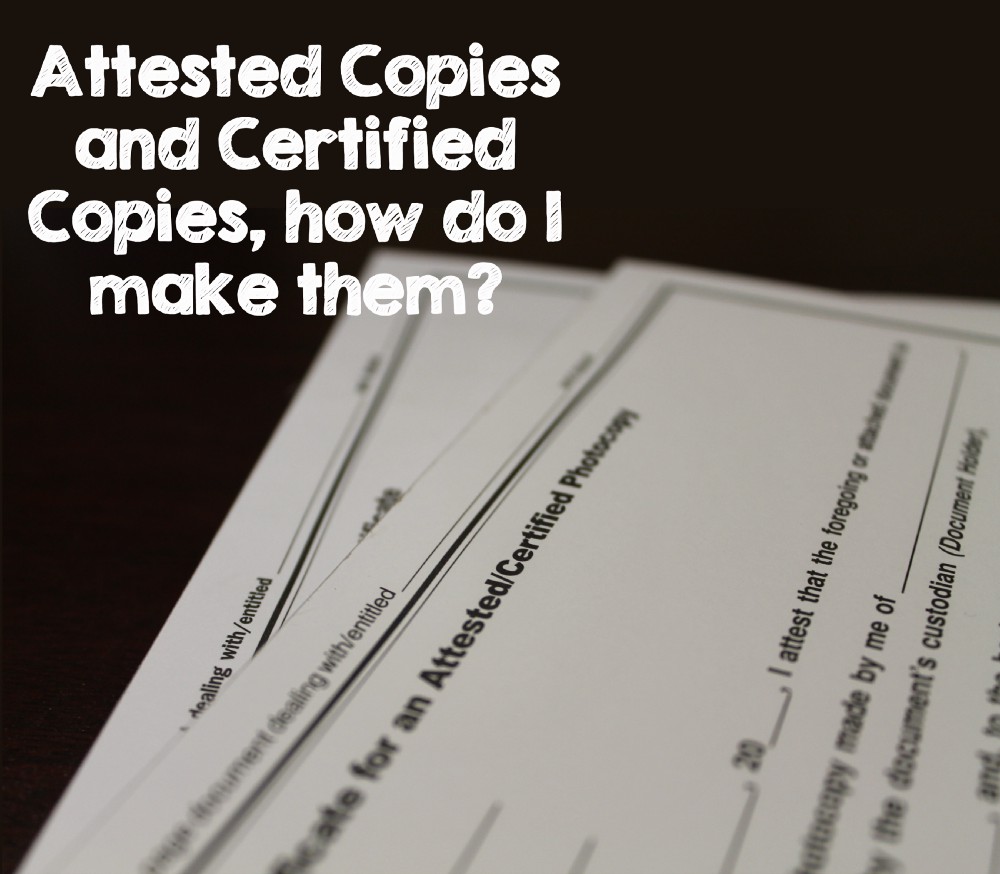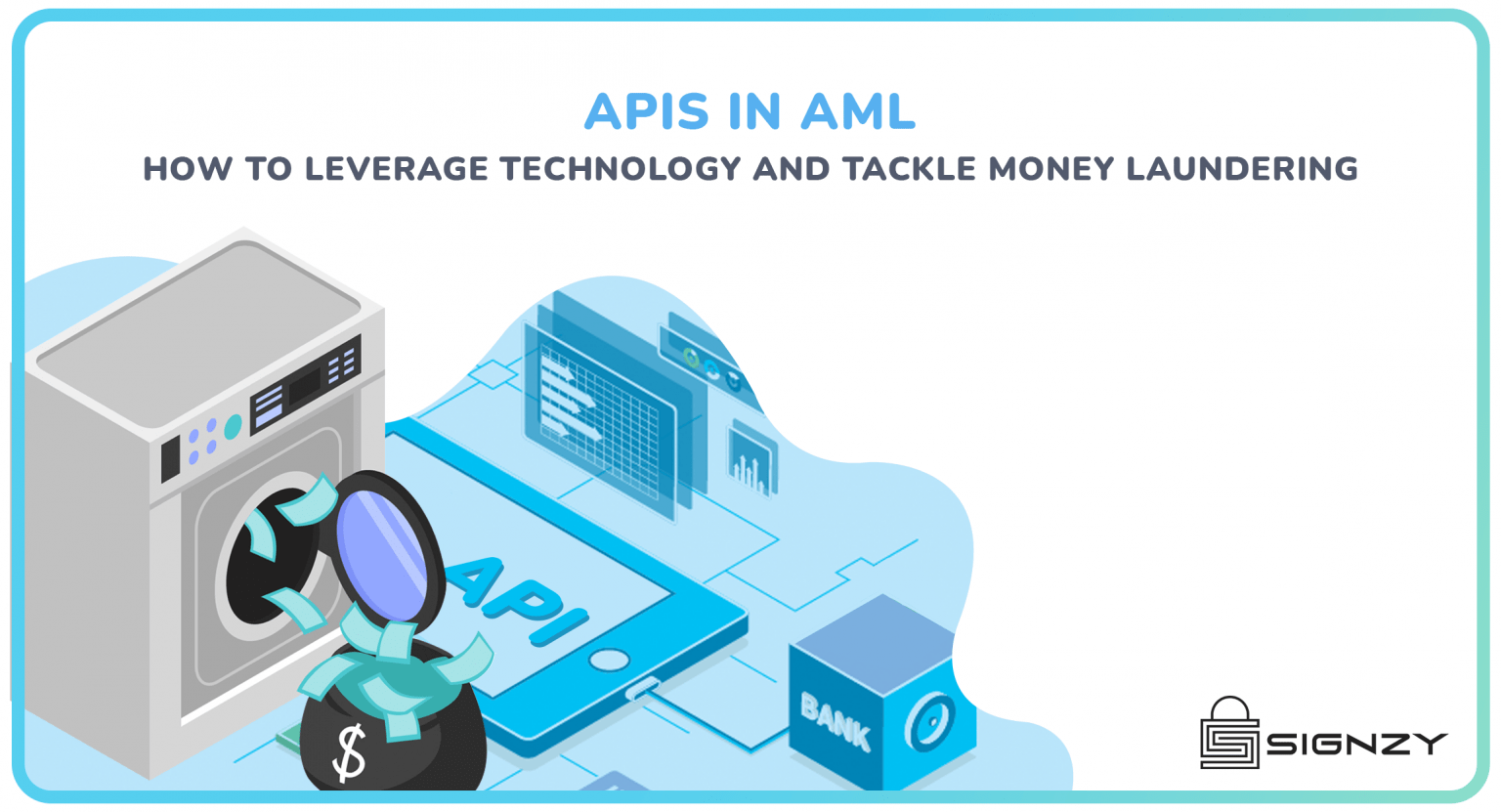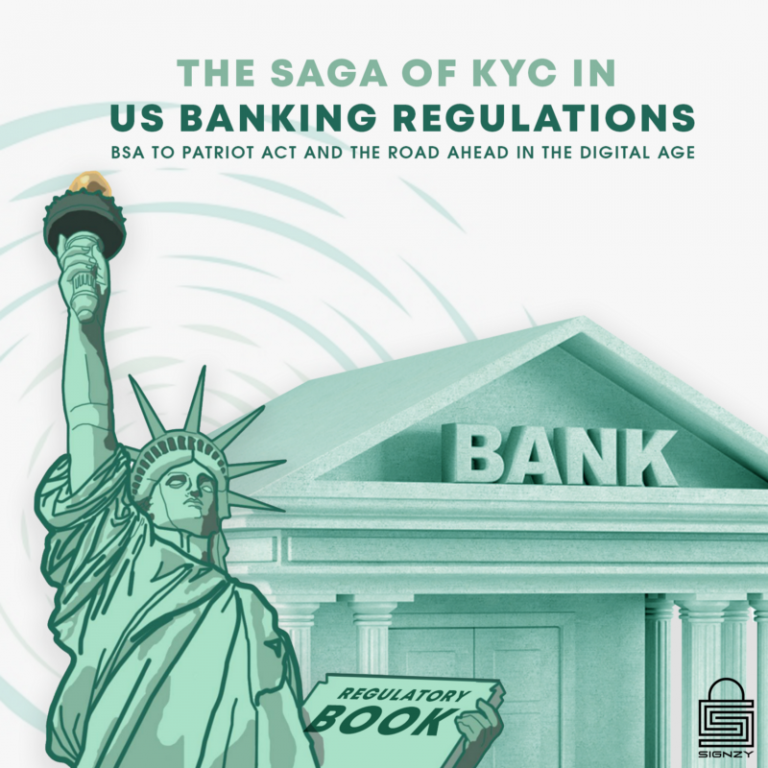Certification process, effects due to delays and the scope for legal minimalism in the domain.
Government of India recently announced that they are going to stop physical publishing of the Official Gazette, which is the official press/media of the Government. Any law or rules which are made by the government need to be published in this Gazette for them to become operational. The Government has recently proposed to convert the Gazette into an electronic form. Indian government estimates that this move will save Rs. 40 crores and 90 tonnes of paper annually, thus proving a commendable measure reflecting minimalism by the government of India. This brings us to another aspect of publishing by a government agency- Courts.
Process of Obtaining Certified Copies
Taking out official copies of court orders as per todays procedure is a task in itself. The process is so cumbersome that there are specialized agents in court to just take out certified copies. Several orders are passed during the tenure of a case. The only way to know the order is to either inspect and read it from the court file or apply and get a ‘certified copy’ of the order. Even the parties to a case are not given copies of the court order without applying for a ‘certified copy’.
Typically, the process for a certified copy (“CC”) is as follows –
- An order is dictated by the judge to a typist, who types it on a computer (typewriters were used earlier).
- The order is then printed through a computer and signed by judge.
- The same is then kept in the case file.
- Applicant makes an application to Court Registry for CC.
- Court Registry takes the application to the Judge.
- Judge approves the application for CC.
- The application comes back to Registry.
- Registry initiates photocopy of the order from the court file.
- The copies come back from photocopy section.
- The copies are stamped by court seal and signed.
- Applicant then needs to follow-up and receives the CC after it is ready.
Usually, it takes around 3–5 days to get this CC. In some courts (because of pendency) it might even take around 30 days to get CC. These orders are nothing but a publication by a government arm, but the process and method adopted takes us back to the 18th century.
Online Judgements as Example
Today all Supreme Court judgments are published online. Some High Courts and Tribunals have also started online publishing. However, these online orders are not given the status of ‘Certified Copy’ and you will still have to follow the 18th century method to get a CC from these courts.
Substantial Injustice due to delay in obtaining CC –
Sometimes, the mechanical procedure of procuring a CC through the lethargic administrative system of the Courts can lead to gross injustice to ordinary citizens.
Illustration: Law provides that in case a person is arrested by the police he can apply to the court for bail (i.e. his release). In case he makes this application in the first court (i.e. Magistrate) and is rejected, he can challenge this order of the Magistrate before a higher court (i.e. Court of Sessions). But to be able to challenge this first order from Magistrate before the higher court, he would need to get a CC. However, because of the overburdened court machinery, he may not get CC the same day and will not be able to approach the higher court immediately. Which means a person would have to spend time in jail only because the CC was not received in time. Thus. as CC is the only authentic proof of an order being passed. Any delay in obtaining it can result in immense hardship for litigants.
Applying Minimalism to this process of court orders
The Judiciary can take a cue from the government of India which has chosen online platform to publish laws. If laws can be published online, then court orders which are based on those laws can also be published online.
Few things that need to be taken care of –
a. Authentication
The court orders today are authentic only when signed by the judge and then stamped with his seal. How do we ensure this for online judgments?
The Ministry of Corporate Affairs can serve as good guidance that respect. It has completely digitised its process of company incorporation sound compliance. A certificate of incorporation (i.e. a government approval to formation of a company) is no longer physical but only digital. It is signed via digital signature of the Registrar of Companies and the original is uploaded on the Ministry website.

In the same way, judges can authenticate their orders by attesting their digital signatures as done by the Registrar of Companies.
a. Fraud and Forgery
Digital media like a ‘pdf’ can be edited and therefore it may be argued that the same cannot be relied upon. The idea in a digital India would be to rely only on a digital copy and hence instead of a paper order what the authorities should insist on is the web link on which the order is uploaded. Any action to be taken by any authority should be only after verification online.
In fact, an online order provides immediate opportunity to verify a court order. There are cases where forged court orders are circulated and have been used. The only way for verification of such orders would be to go and inspect the court file and see if they match. Thus an online order takes care of such cumbersome verification procedure as well.
b. Revenue earned by CC
A nominal fee is charged for issuing CC. The same is done considering the manpower involved for physically photocopying large files and huge number of documents. In case of a digital order such costs will be substantially reduced.
A nominal fee though, may be charged for accessing these orders as are charged by the Ministry of Corporate Affairs in case you want to inspect any company documents.
Implementation:
This does not require any major innovation for courts as today most of the orders are typed on a computer. Case statuses are also regularly updated on the district court website by the court office. Therefore, the court office can at the same time of updating the next date upload the pdf copy of the judgment along with the digital signature of the judge.
The Supreme Court, many High Courts, Tribunals and some of the District Courts are already uploading the orders on their websites daily. All that needs to be done is to give these orders the status of Certified Copies. Other courts can slowly follow suit.
Law Commission Report:
The Law Commission in its 188th Report published way back in 2003 had in fact made this suggestion and observed that once the digital signatures are valid, certified copies can be issued to the litigants on Internet under the court’s Digital Signature Certificates.
But Alas! Even after a period of 12 years from the publishing of the report, the archaic methods of obtaining CC still remains.
Conclusion
Adopting a process of obtaining Certified Copies online would save a huge chunk of time for lawyers, litigants, court clerks and the entire machinery. It will also go a long way in saving paper. Publishing them online is an easy task as most orders are typed and printed from a computer anyway.
Originally published at legalminimalist.org on February 23, 2017.
About Signzy
Signzy is a market-leading platform redefining the speed, accuracy, and experience of how financial institutions are onboarding customers and businesses – using the digital medium. The company’s award-winning no-code GO platform delivers seamless, end-to-end, and multi-channel onboarding journeys while offering customizable workflows. In addition, it gives these players access to an aggregated marketplace of 240+ bespoke APIs that can be easily added to any workflow with simple widgets.
Signzy is enabling ten million+ end customer and business onboarding every month at a success rate of 99% while reducing the speed to market from 6 months to 3-4 weeks. It works with over 240+ FIs globally, including the 4 largest banks in India, a Top 3 acquiring Bank in the US, and has a robust global partnership with Mastercard and Microsoft. The company’s product team is based out of Bengaluru and has a strong presence in Mumbai, New York, and Dubai.
Visit www.signzy.com for more information about us.
You can reach out to our team at reachout@signzy.com
Written By:

Signzy
Written by an insightful Signzian intent on learning and sharing knowledge.














